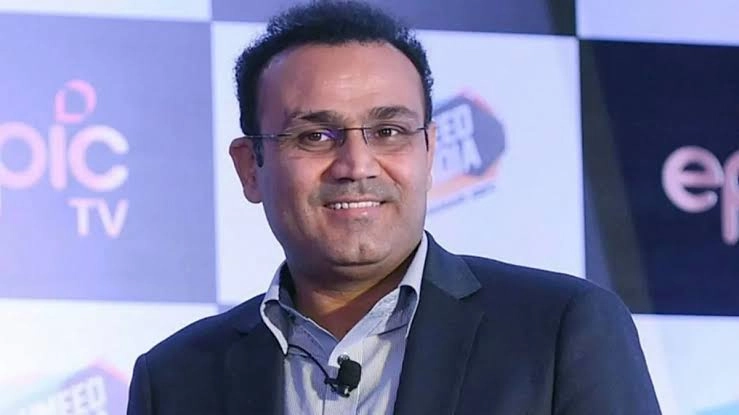Cheteshwar Pujara, the seasoned Indian cricketer, has once again brought attention to a pressing issue within the realm of sports administration, specifically focusing on the Board of Control for Cricket in India (BCCI). Pujara’s comments come in response to the BCCI’s recent directives regarding player travel and family arrangements. He argues that family involvement plays a crucial role in a player’s mental and emotional well-being, especially given the rigorous and often isolating nature of professional sports. By advocating for families to accompany players during tours, Pujara emphasizes the importance of maintaining a healthy balance between professional commitments and personal relationships.
The cricketer’s stance sheds light on a broader conversation about the responsibilities of sports governing bodies to ensure the holistic well-being of their athletes. In an era where mental health is increasingly recognized as a vital component of performance, Pujara’s perspective resonates with many who believe that the pressures of professional sports can be alleviated by the presence of loved ones. He argues that allowing families to travel with players not only fosters a supportive environment but also enhances performance on the field. This perspective invites a reevaluation of existing policies that may prioritize logistical efficiency over the well-being of athletes.
Moreover, Pujara’s criticism of the BCCI’s current travel regulations raises questions about the governing body’s understanding of the challenges faced by players. While logistical constraints can be significant, the need for emotional support should not be overlooked. The demands of international cricket can lead to extended periods away from home, which can be mentally taxing. Pujara’s insistence on family travel underscores the necessity for a more compassionate approach to player welfare, suggesting that a rethink in policy could ultimately lead to better outcomes both on and off the field.
In conclusion, Cheteshwar Pujara’s remarks serve as a reminder of the complex interplay between athletic performance and personal well-being. His advocacy for family inclusion in travel arrangements highlights the evolving conversation around player welfare in sports. As the BCCI navigates the intricacies of modern cricket, it may need to reconsider its policies to better support the athletes it governs. By doing so, the board can not only enhance the overall experience for players but also potentially improve their performance in the long run.




